Alaskan Malamute
Venture into the Robust and Spirited World of the Alaskan Malamute: A Breed of Strength, Endurance, and Companionship
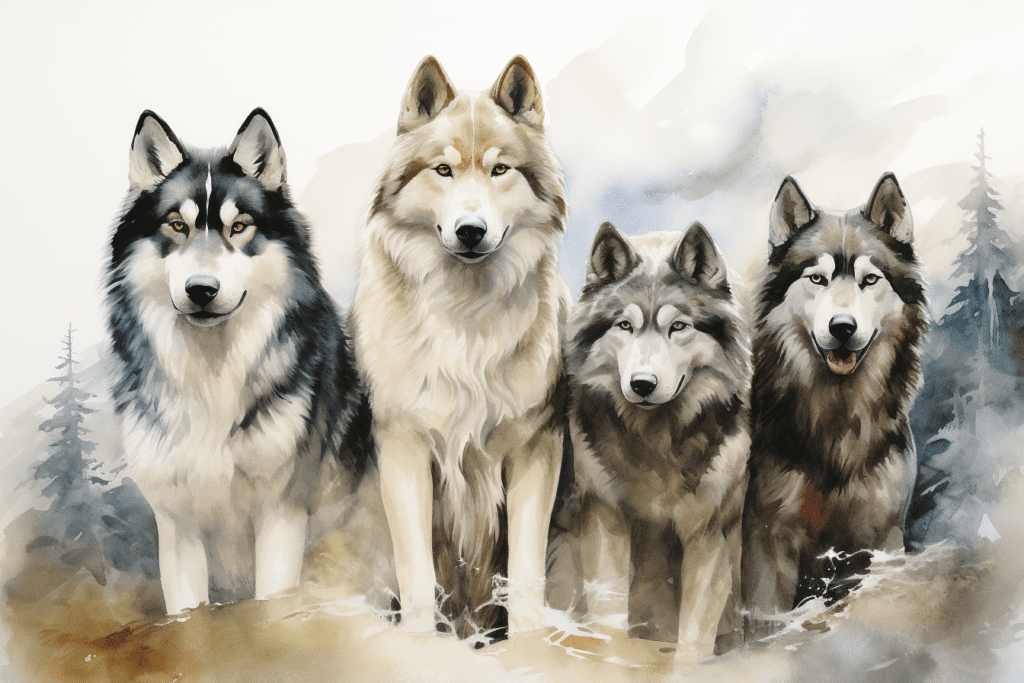

Temperament
Alaskan Malamutes are known for their friendly and sociable nature. They are loyal to their families and good with children, but their size and energy can be overwhelming for small children. They are generally friendly towards strangers and other dogs but require proper socialization from a young age.
Grooming
Alaskan Malamutes have a thick double coat that sheds heavily, especially during the change of seasons. They require regular, thorough brushing to manage shedding and maintain coat health. Due to their high shedding, their grooming needs score a 5 out of 10.
Playfulness
Known for their energy and strength, Malamutes enjoy activities like pulling, running, and playing in the snow. They retain a playful nature throughout their lives but need adequate space and stimulation to satisfy their playfulness.
Training Ease
Malamutes are intelligent but can be independent and stubborn, which may pose a challenge in training. They respond best to consistent, positive training methods. Early training and socialization are essential to manage their size and strength.
Origin and History
Alaskan Malamutes are one of the oldest Arctic sled dogs, originally bred by the Mahlemut Inuit tribe in Alaska. They were used for heavy freighting in the Arctic region due to their strength and endurance. Malamutes were not designed for racing but for hauling heavy loads over long distances. Their importance to the survival of the native people in harsh environments is a testament to their resilience and hardworking nature.


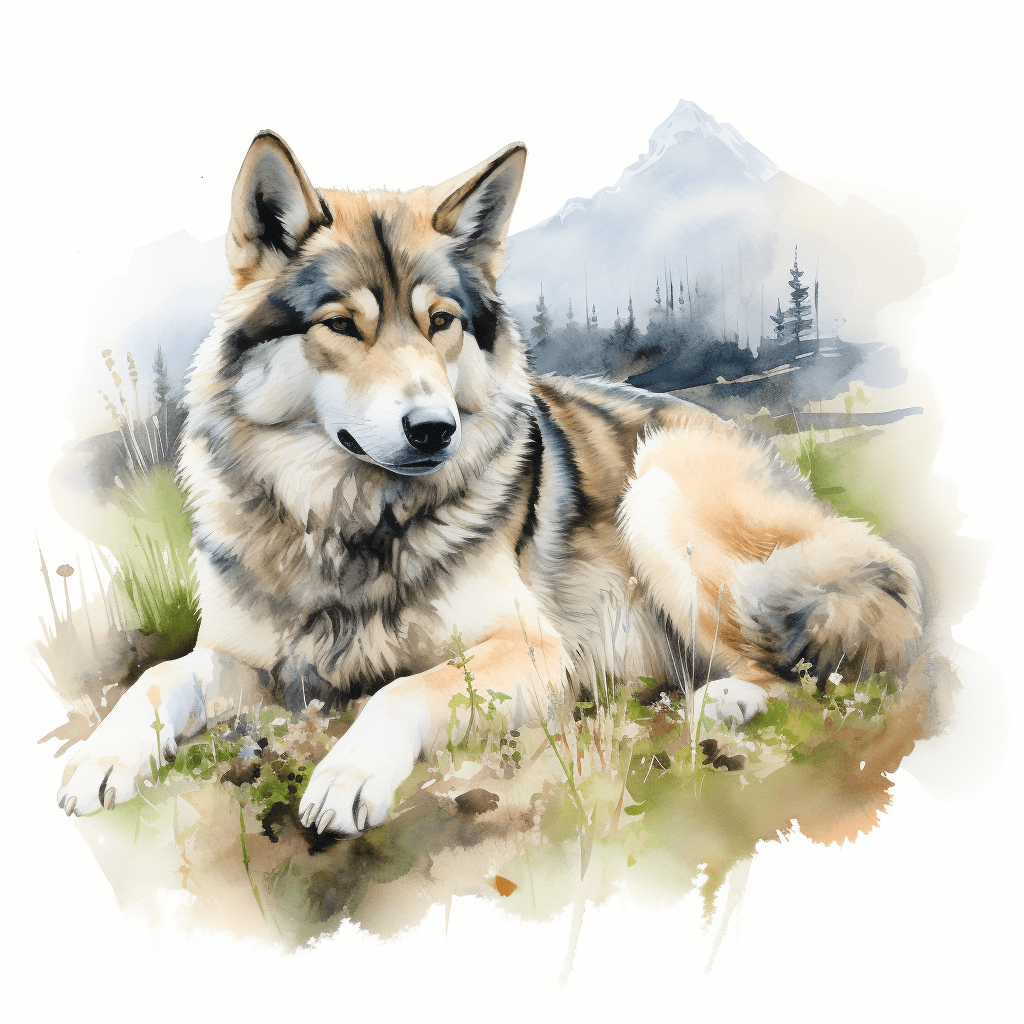



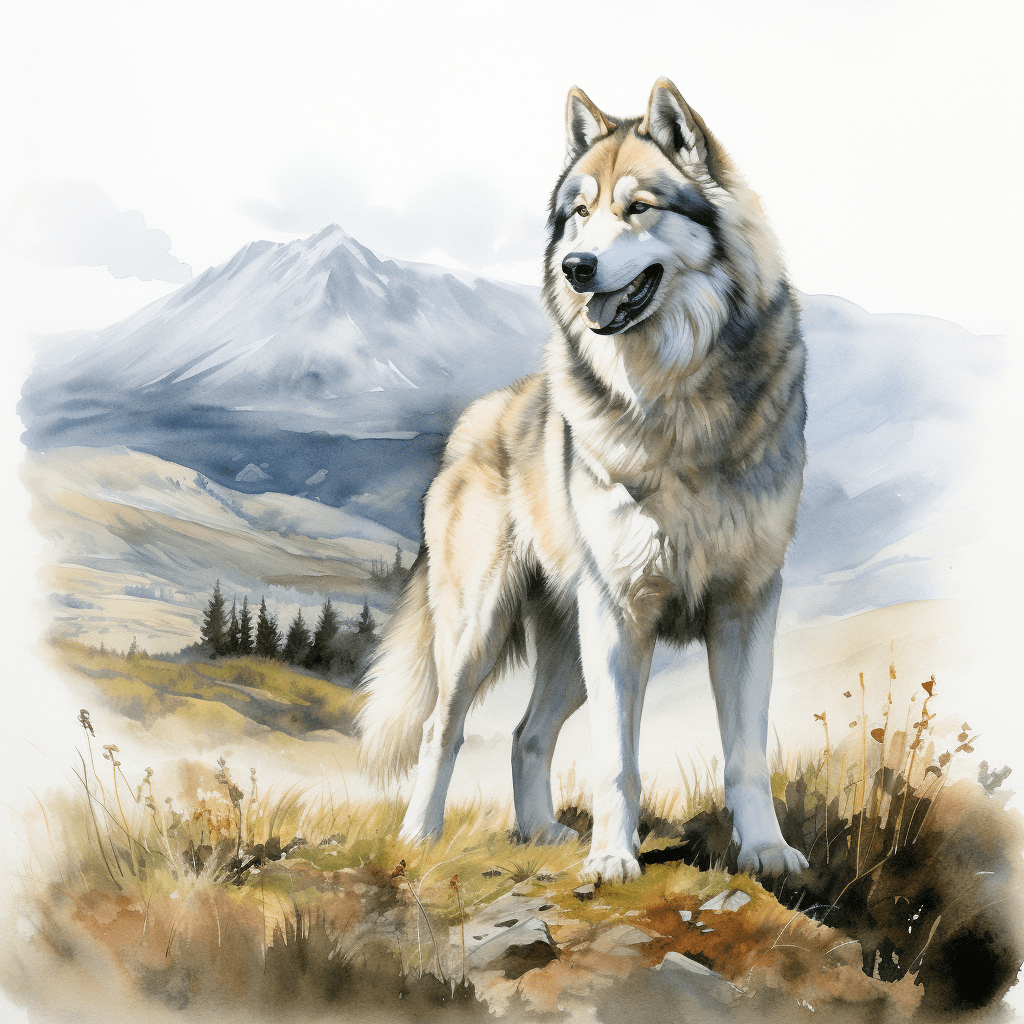

Physical Attributes and Temperament
Alaskan Malamutes are large, sturdy dogs, typically weighing between 75 to 100 pounds. They have a powerful build with a dense coat that can be grey, black, or red, often with white markings. Their wolf-like appearance includes erect ears and a bushy tail. Malamutes are known for their friendly, outgoing nature, and their affectionate demeanour.
Health and Lifestyle Needs
Regular, vigorous exercise is crucial for Alaskan Malamutes. They are prone to certain health issues like hip dysplasia and bloat. A balanced diet, regular grooming, and routine veterinary care are important for their health. Their thick coat requires them to stay cool in warmer climates.
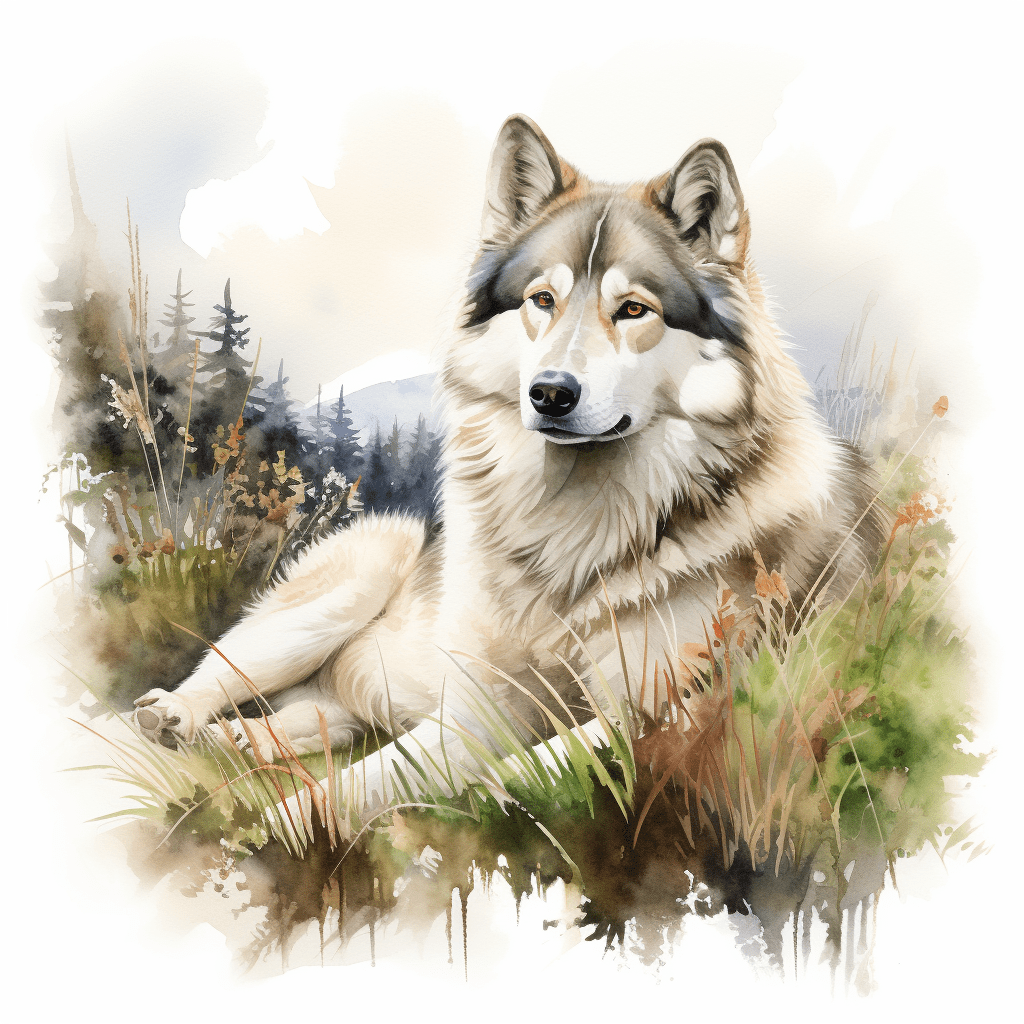



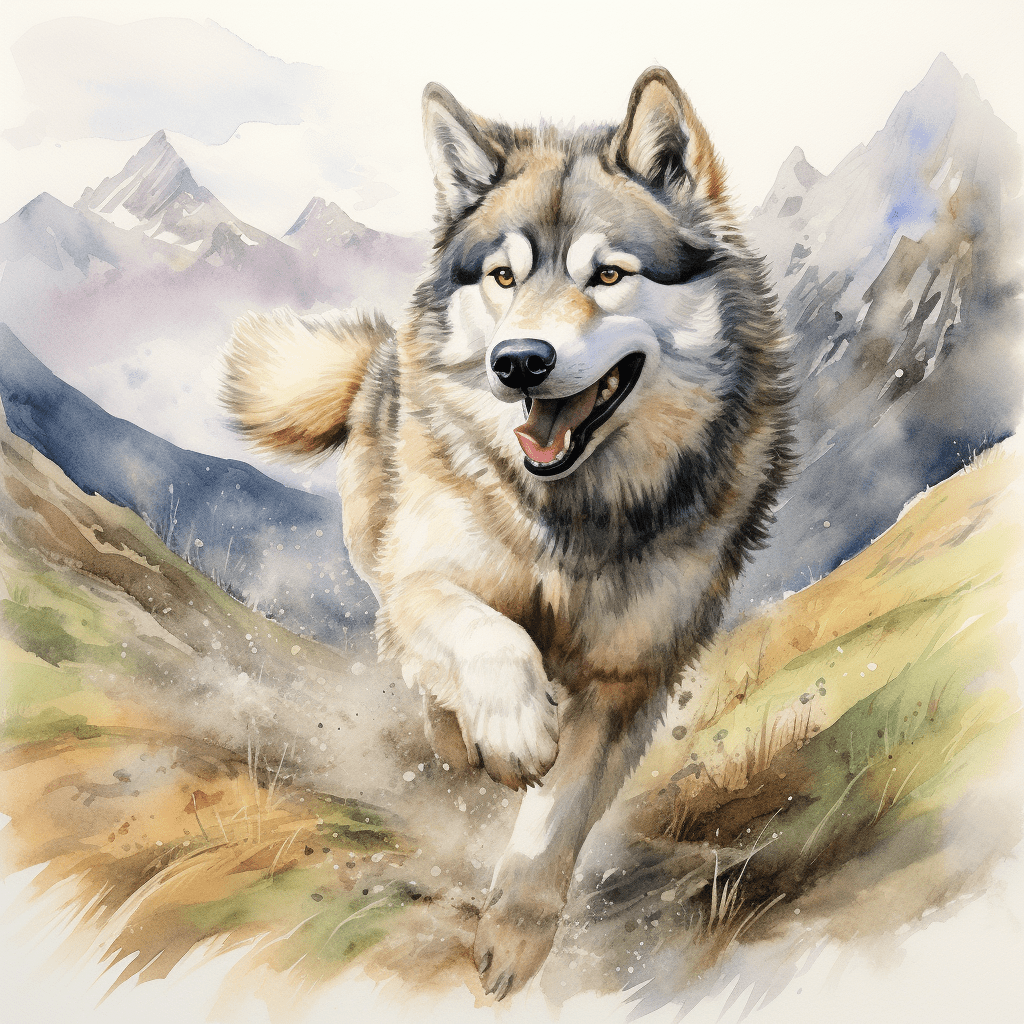

Tips for Potential Owners
Alaskan Malamutes are best suited for active individuals or families who appreciate the outdoors and can handle a large, energetic dog. They thrive in environments where they can exercise and play, especially in cooler climates. Owners should be prepared for their exercise needs, grooming requirements, and independent temperament.
Behaviour, Nutrition & Diet


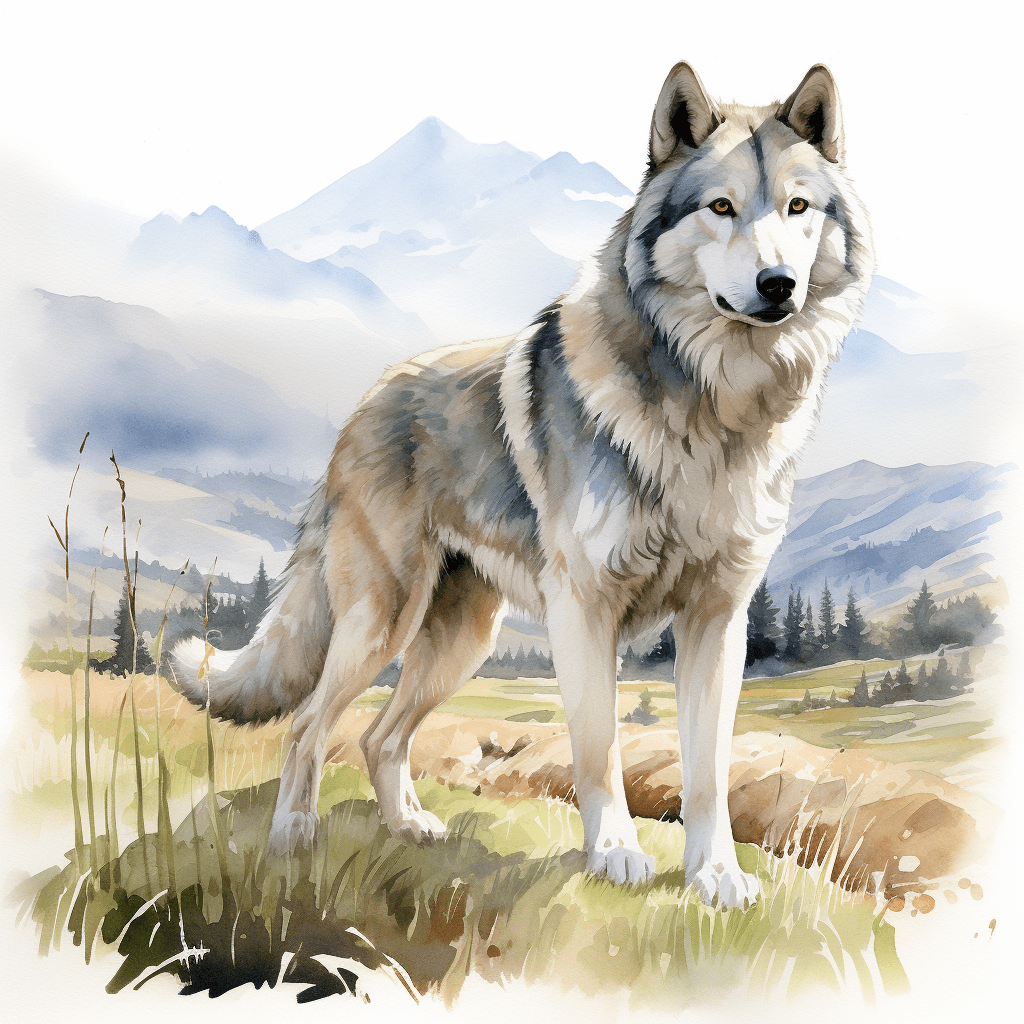

Unlock a world of happiness with the wag of a tail and a loving bark. Dogs bring a unique blend of loyalty, affection, and playfulness into our lives, turning ordinary days into extraordinary memories.
Our Latest Posts


Puppy Essentials – Preparing for a New Arrival
Bringing a new puppy home is an exciting adventure filled with love and learning. By following this guide, you’ll be well on your way to providing a safe, nurturing environment for your new family member. Remember, patience, consistency, and love are key to raising a happy, healthy puppy. Embrace every moment of this rewarding journey with your furry friend!
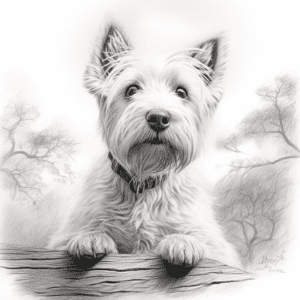

Foods That Humans Eat That Are Toxic to Dogs
As dog owners, we often treat our furry friends as part of the family, sharing our lives and sometimes even our meals with them. However, what’s tasty and harmless for us can be dangerous, even fatal, for our canine companions. It’s crucial to be aware of the human foods that can pose serious health risks to dogs. This knowledge not only ensures the safety of our pets but also helps us make informed decisions when it comes to feeding them.
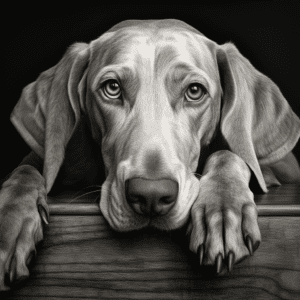

Understanding and Managing Separation Anxiety in Dogs
Separation anxiety in dogs is a common but often misunderstood condition. It’s more than just a pet missing its owner; it’s a serious behavioral issue that can significantly impact the well-being of both dogs and their owners. Recognizing and addressing this emotional distress is crucial for maintaining a happy, healthy relationship with your canine companion
